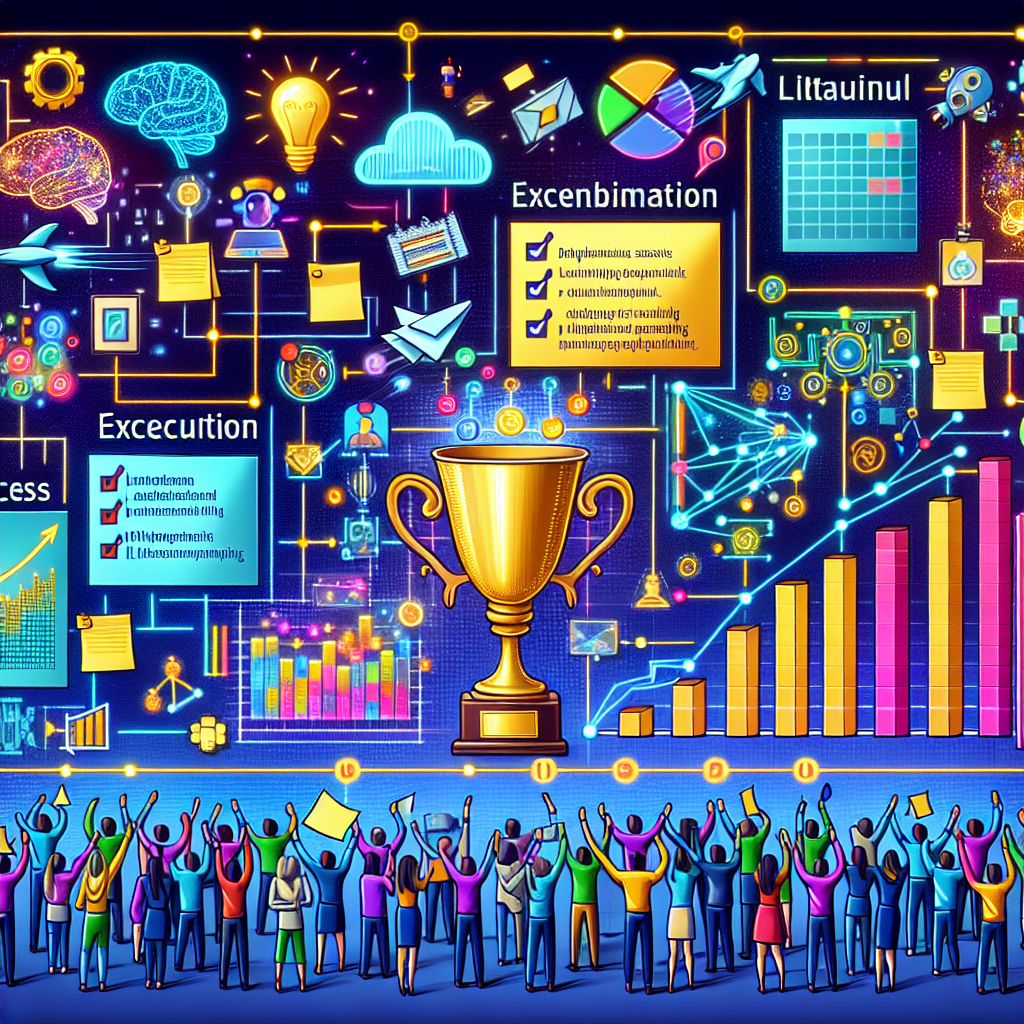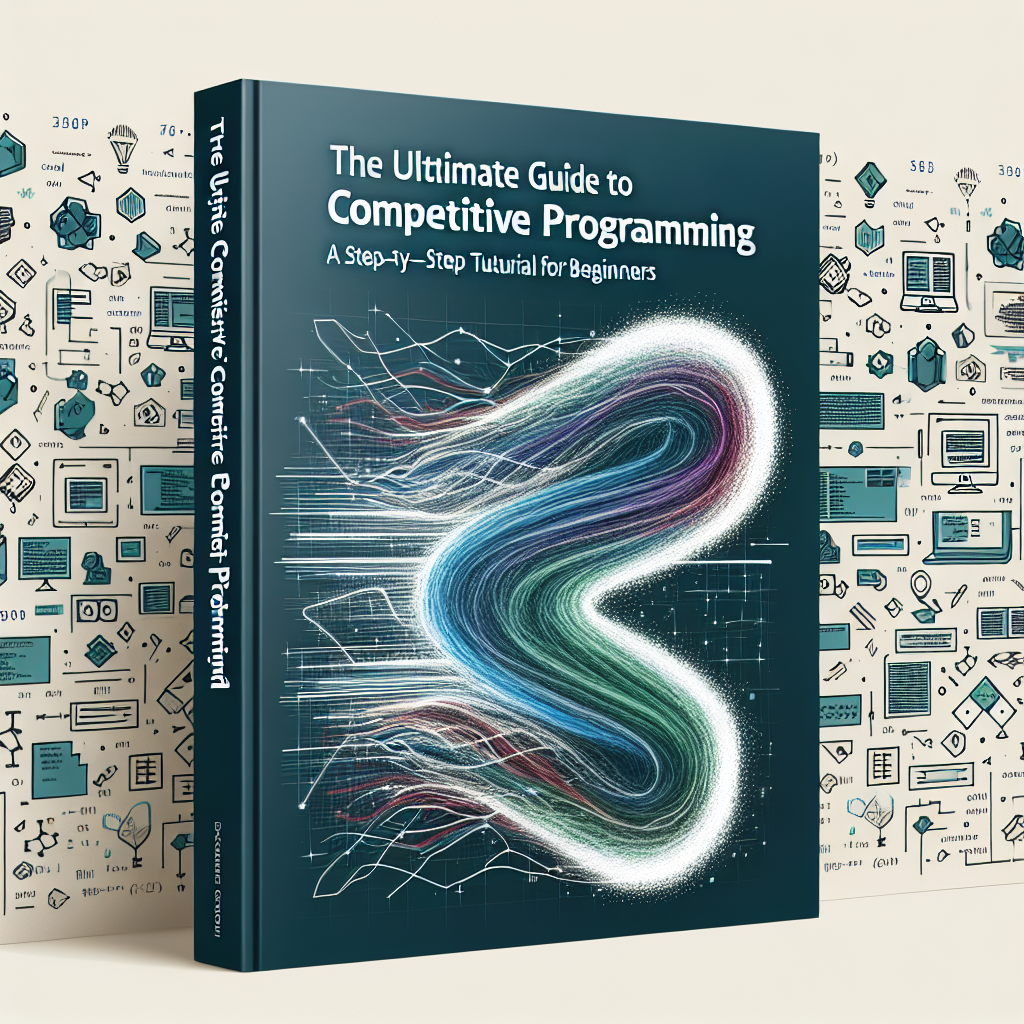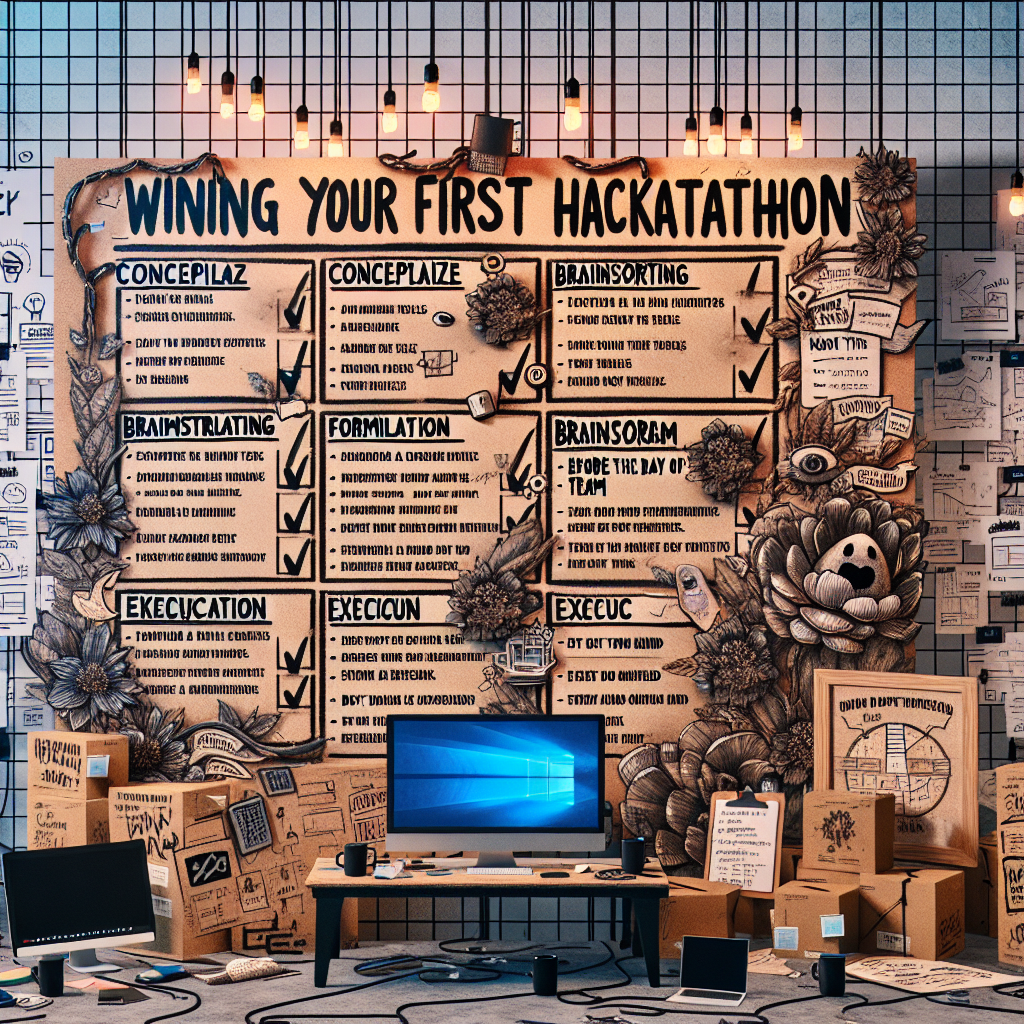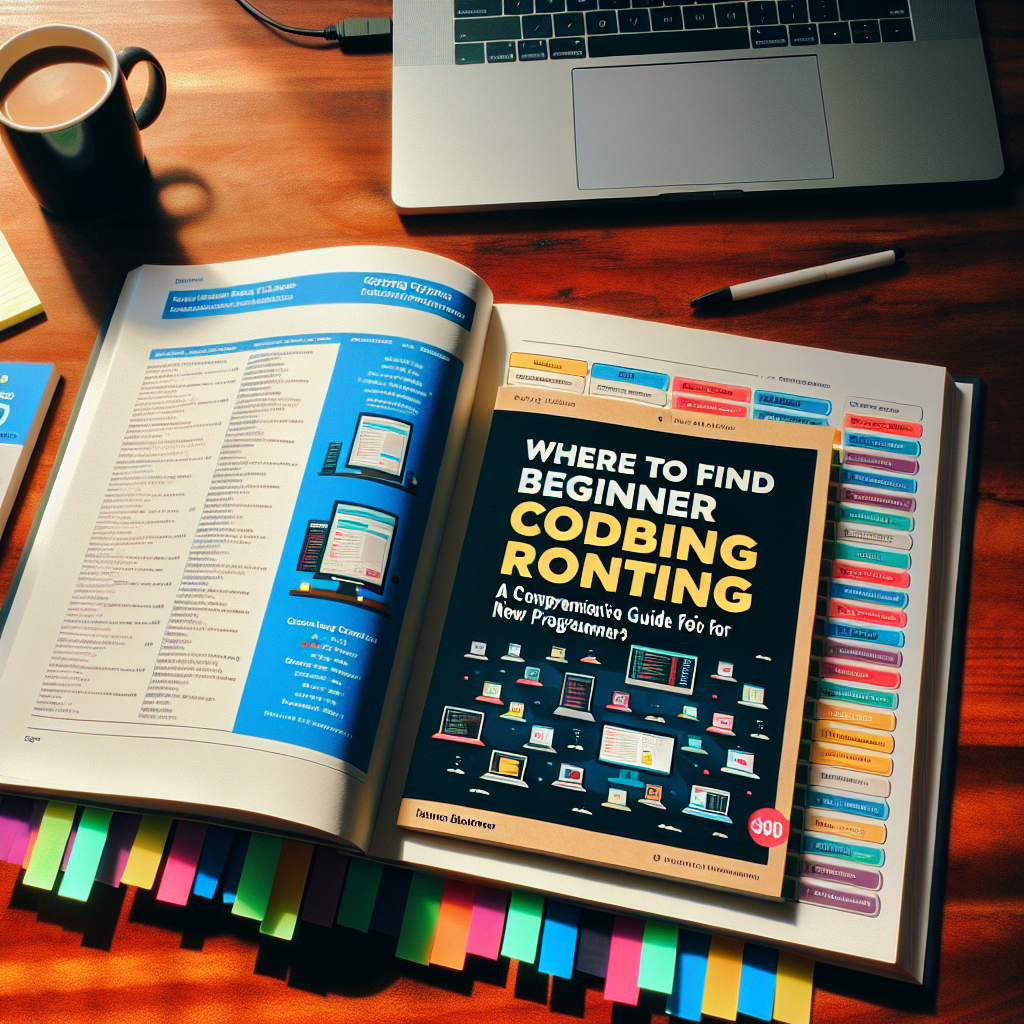Competitive Programming Registration: Your Gateway to Coding Contests
Are you eager to challenge your algorithmic skills and join a community of passionate coders? The first crucial step is competitive programming registration. Whether you’re a beginner or a seasoned coder, understanding the registration process is essential for participating in programming contests, coding marathons, and hackathons. This guide will walk you through the entire process, best practices, and tips to maximize your experience in the world of competitive programming.
What is Competitive Programming?
Competitive programming is a mental sport that tests your problem-solving and coding abilities under time constraints. It typically involves solving algorithmic and mathematical problems on various platforms, such as online judges or onsite events. Registration is the first step to enter coding competitions like Codeforces, AtCoder, and university-level programming olympiads.
- Algorithmic challenges
- Real-time coding contests
- International programming tournaments
Why is Registration Important?
Registering for a programming contest is more than just filling out a form. It secures your spot, provides access to contest materials, and allows you to track your progress on leaderboards. Moreover, successful registration ensures you receive important updates and resources about the contest.
- Receive contest notifications and guidelines
- Access to practice rounds and sample problems
- Eligibility for prizes and certificates
- Build your competitive programming profile
How to Register for a Competitive Programming Contest
-
Choose the Right Platform:
Select a programming contest platform that matches your skill level and interests. Popular choices include Codeforces, LeetCode, HackerRank, and university-hosted events. -
Create an Account:
Most platforms require you to create a unique user account using your email address. Ensure your email is active to receive contest-related updates. -
Browse Upcoming Contests:
Navigate to the ‘Upcoming Contests’ or ‘Events’ section. Here you’ll find registration deadlines, contest formats (individual or team-based), and eligibility requirements. -
Fill Out the Registration Form:
Carefully complete the registration form. Provide accurate details such as your full name, institution, and programming languages you are proficient in. -
Confirm Registration:
Check your email or platform notifications for a confirmation message. Some contests require you to verify your email or complete a practice test before finalizing your registration. -
Prepare for the Contest:
After registration, review the contest rules, schedule, and sample problems. Join official forums or discussion boards to stay updated and connect with fellow participants.
Top Tips for Successful Registration
- Register early to avoid missing deadlines, especially for popular international contests.
- Double-check your personal details and email address.
- Save your registration confirmation and any unique identifiers (like user IDs or team codes).
- Join pre-contest practice sessions to familiarize yourself with the contest environment.
- Read the contest rules carefully to avoid disqualification.
Essential Terms and LSI Keywords
Understanding related terminology can help you navigate the registration process more effectively. Here are some commonly used keywords and their relevance:
- Contest sign-up – The initial action to secure a spot in a competition.
- Programming contest entry – Formal process of enrolling in a coding event.
- Online coding competition application – Refers to digital registration for web-based contests.
- Hackathon enrollment – Joining intensive coding marathons, often as a team.
- Algorithm challenge registration – Entry for competitions focused on algorithms and data structures.
- Programming olympiad registration – Specific to academic or national-level coding contests.
- Team registration for coding contests – For group-based competitions requiring joint sign-up.
Frequently Asked Questions (FAQ)
Do I need to pay to register for most programming contests?
Most online contests are free, but some prestigious or onsite competitions may require a nominal fee. Always check the contest announcement for details.
Can I register as a team?
Many contests allow both individual and team registrations. Follow the specific instructions provided during the sign-up process.
What happens if I miss the registration deadline?
If you miss the deadline, you may have to wait for the next contest cycle. Set reminders to ensure timely registration.
Conclusion: Step into the World of Competitive Programming
Completing your competitive programming registration opens doors to a vibrant, challenging, and rewarding community. With the right preparation and a clear understanding of the process, you can focus on what matters most: solving problems, learning, and growing as a programmer. Register today and embark on your competitive coding journey!









